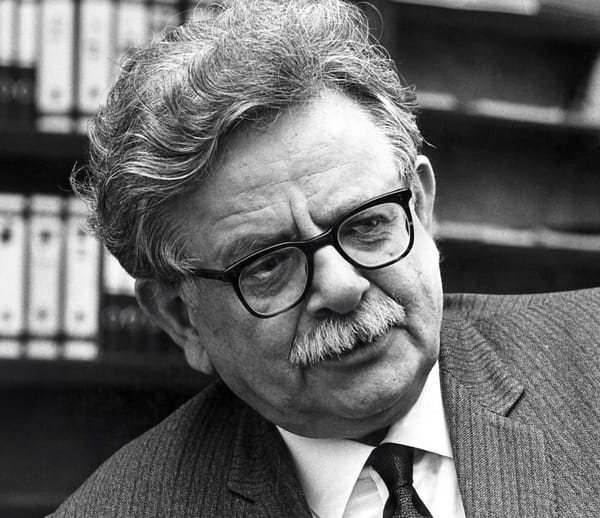The Book Against Death
By Elias Canetti
New Directions, 432 pages, $16.95
Britain’s recent vote to legalize physician-assisted suicide was just the latest indication that Western civilization is redefining its relationship to death and dying. The current panorama is paradoxical. On one hand, longevity influencers and Singularity proponents insist that soon, human beings will no longer have to die; on the other, activists and politicians in Canada, England, and Europe are prevailing with the argument that state-assisted (in some cases, mandated) suicide is humane and necessary. Western culture is embracing the cold indifference toward death by technocratic fiat, but also entranced by the techno-utopian denial of death.
It is therefore a welcome development that The Book Against Death, a collection of aphorisms and diary entries from the great writer Elias Canetti, has finally appeared in English translation. Canetti, who was born in Ruse, Bulgaria in 1905 and died in 1994, was preoccupied with the transformation of the metaphysics of death through science, and the tantalizing and disturbing possibilities of technologically mediated life extension. He felt, with a kind of secular religiosity, that a passionate hatred of death—not denial of it, but a resistance to it—was one of the engines of human creativity, love, and vitality. “My grief involves no kind of release,” he writes. “For I know I haven’t done anything against death.”
